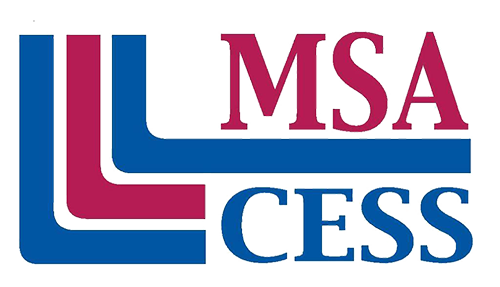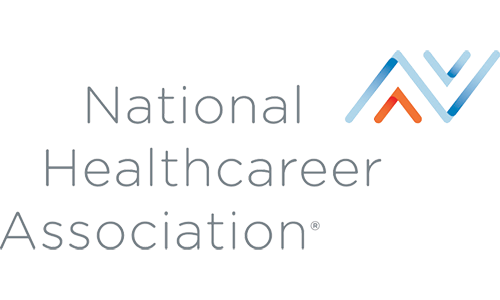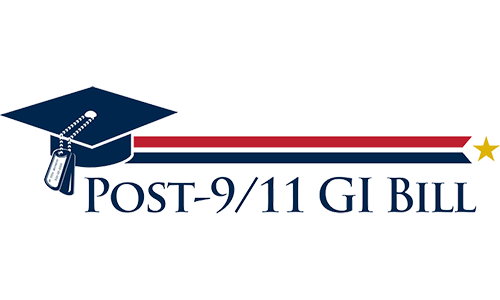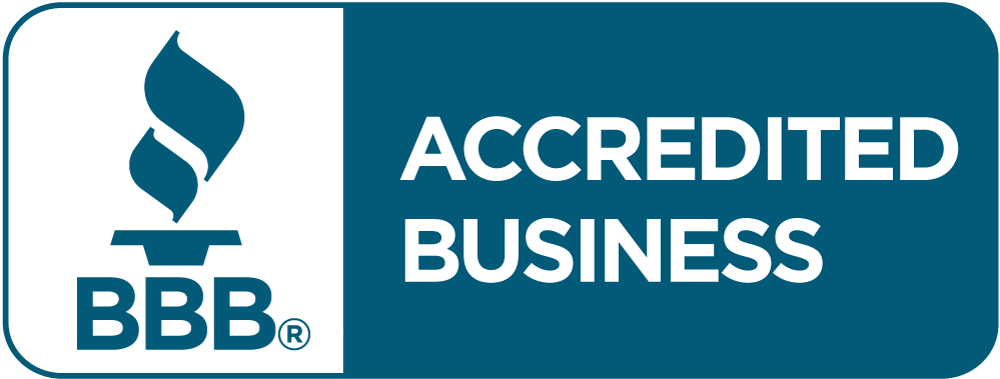In Demand Career Spotlight Series – Medical Secretary
Our In-Demand Career Spotlight Series focuses on careers in the medical and dental industries where demand for skilled workers outpaces supply. At ACI Medical & Dental School, you can be certified for these in-demand careers in just four months with the hands-on training, skills, and credentials you’ll need for your new career.
In this month’s blog post, we will be discussing the Medical Secretary position.
What Does a Medical Secretary Do?
A Medical Secretary is an important member of a health care team who performs administrative and other supportive tasks in a variety of healthcare settings such as hospitals and doctor’s offices. Medical secretaries are often the first person a patient speaks to when they call or visit the office, and are responsible for representing the physician and their practice in a positive and professional way.
Some of the tasks of a Medical Secretary may include:
- Answering the phone and greeting patients or visitors in person.
- Scheduling patient appointments.
- Assisting with patient check-in and check-out.
- Medical transcription tasks, such as transcribing audio notes from physicians.
- Recording important patient information, including insurance information. Assisting with billing and coding, and updating electronic health records (EHR).
- Obtaining necessary documents from patients and preparing paperwork.
- Relaying information between patients and staff members, providing them with necessary updates.
- Referring patients to outside agencies when unable to meet their needs.
- Making sure patients have proper post-treatment instructions when checking out, if necessary.
- Obtaining payment information and handling payments.
Important Skills for Medical Secretaries
Employers seeking to hire a medical secretary typically look for a combination of administrative skills, medical knowledge, and interpersonal abilities. Here are some key skills and qualifications they often seek:
- Administrative Skills:
- Proficiency in computer office software.
- Data entry accuracy and speed.
- Organizational skills to manage appointments, medical records, and administrative tasks efficiently.
- Knowledge of medical billing and coding processes.
- Ability to maintain confidentiality and adhere to HIPAA regulations.
- Medical Terminology:
- Familiarity with medical terminology and abbreviations to accurately transcribe dictations, understand patient conditions, and communicate effectively with healthcare professionals.
- Communication Skills:
- Strong verbal and written communication skills to interact with patients, physicians, and other medical staff professionally.
- Active listening skills to understand patient needs and relay messages accurately.
- Interpersonal Skills:
- Empathy and compassion when dealing with patients who may be experiencing health-related concerns.
- Ability to handle difficult situations with patience and professionalism.
- Teamwork skills to collaborate effectively with other administrative staff and healthcare professionals.
- Attention to Detail:
- Precision in maintaining medical records, scheduling appointments, and handling documentation.
- Ability to spot errors in medical records or billing information and correct them promptly.
- Multitasking Abilities:
- Capability to manage multiple tasks simultaneously in a fast-paced medical office environment.
- Prioritization skills to handle urgent matters efficiently while managing routine administrative duties.
- Technology Proficiency:
- Competence in using electronic health record (EHR) systems or medical practice management software.
- Willingness to learn and adapt to new technologies and software updates.
- Customer Service Orientation:
- Dedication to providing excellent service to patients by addressing inquiries, scheduling appointments promptly, and ensuring a positive experience.
- Problem-Solving Skills:
- Ability to troubleshoot issues related to scheduling conflicts, billing discrepancies, or patient concerns effectively.
- Professionalism and Ethics:
- Adherence to ethical standards and confidentiality protocols in handling sensitive patient information.
- Professional demeanor in all interactions within the healthcare setting.
Employers may prioritize these skills differently depending on the specific requirements of the medical practice or institution. However, a combination of administrative efficiency, medical knowledge, and interpersonal skills is generally sought after in candidates for medical secretary positions.
What Is A Typical Medical Secretary Salary in NJ?
According to ZipRecruiter, Medical Secretaries in New Jersey typically earn an average annual salary of $45,045. This can vary depending on factors such as experience, location, and the specific employer. Entry-level positions may start around $32,000, while experienced medical secretaries with specialized skills or working in metropolitan areas may earn salaries closer to $50,000 or higher. Additionally, those with certifications or additional training in medical office management may command higher salaries. Overall, salaries for medical secretaries in New Jersey tend to be competitive, reflecting the demand for skilled administrative professionals in the healthcare sector.
Where Do Medical Secretaries Work?
Medical Secretaries work in various healthcare settings, including hospitals, clinics, physicians’ offices, nursing homes, and outpatient care centers. They play a crucial role in facilitating administrative tasks and ensuring the smooth operation of medical practices. Additionally, they may find employment in specialty practices such as dermatology, dentistry, or optometry offices. Some Medical Secretaries may also work in healthcare administration roles within hospitals or healthcare organizations.
What Is The Difference Between A Medical Secretary And A Medical Assistant?
A Medical Secretary primarily handles administrative tasks such as scheduling appointments, managing medical records, and handling billing and insurance paperwork. They often work behind the scenes to ensure the smooth operation of the office.
On the other hand, a Medical Assistant performs both administrative and clinical duties. They may assist healthcare providers with patient examinations, take vital signs, administer injections, and perform basic laboratory tests. Unlike Medical Secretaries, Medical Assistants are involved in providing hands-on care under the supervision of licensed healthcare professionals.
Get Certified for In-Demand Medical Secretary Jobs in NJ
There has never been a better time to begin a career in the healthcare field. According to the US Bureau of Labor Statistics, there are almost 700,000 Medical Secretaries currently working in the United States, and the job outlook for Medical Secretaries is expected to increase by 7% by 2032.
By completing our Medical & Dental Administration Assistant Program, our students will be equipped with the skills and knowledge necessary to pursue a career as a Medical Secretary. Contact us today to learn more about this exciting career opportunity and take the next step toward an in-demand job in a growing industry.








